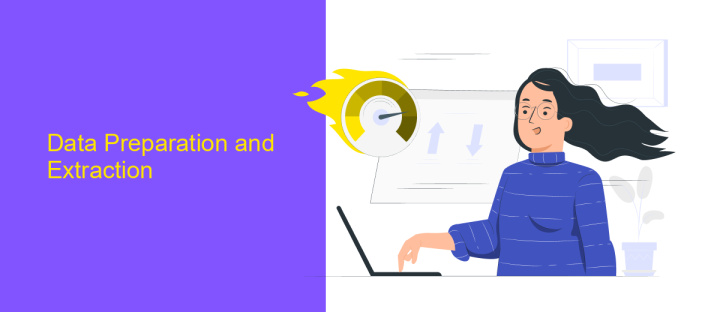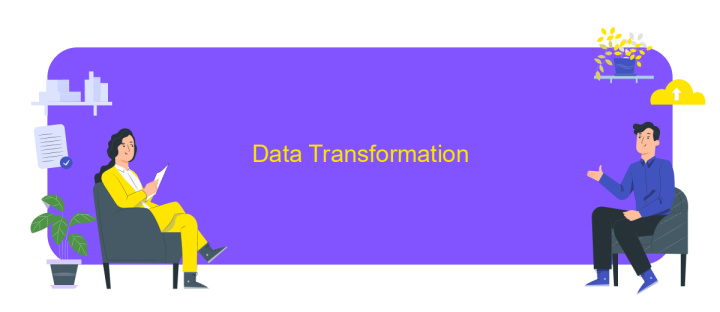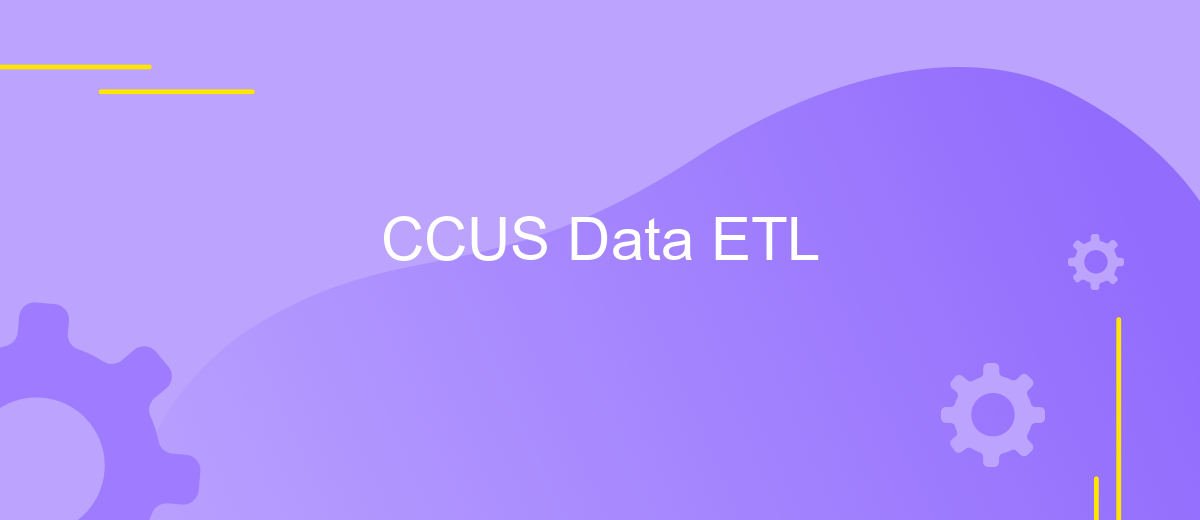CCUS Data ETL
Carbon Capture, Utilization, and Storage (CCUS) is a critical technology in the fight against climate change. Efficient data extraction, transformation, and loading (ETL) processes are essential for managing the vast amounts of data generated in CCUS projects. This article explores the methodologies and tools used in CCUS data ETL, highlighting best practices and innovative solutions for optimizing data workflows.
Introduction
Carbon Capture, Utilization, and Storage (CCUS) is a critical technology in mitigating climate change by reducing greenhouse gas emissions. Handling and processing the vast amounts of data generated in CCUS projects requires robust ETL (Extract, Transform, Load) processes to ensure data integrity and accessibility.
- Extraction: Collecting raw data from various sources such as sensors, databases, and APIs.
- Transformation: Cleaning, normalizing, and enriching the data to make it suitable for analysis.
- Loading: Storing the transformed data into a data warehouse or other storage solutions for easy access and analysis.
Effective ETL processes are essential for the success of CCUS projects, enabling real-time monitoring and decision-making. Tools like ApiX-Drive can significantly streamline the integration of various data sources, automating the data flow and reducing manual effort. By leveraging such services, organizations can focus on analyzing data to optimize their CCUS strategies and contribute to a more sustainable future.
Data Preparation and Extraction

Data preparation and extraction are critical steps in the CCUS (Carbon Capture, Utilization, and Storage) data ETL process. Initially, raw data from various sources such as sensors, monitoring equipment, and environmental databases are collected. This raw data often comes in different formats and structures, necessitating a thorough cleaning and normalization process to ensure consistency and accuracy. During this phase, data anomalies are identified and corrected, missing values are addressed, and redundant information is removed to create a high-quality dataset ready for extraction.
For efficient data extraction, leveraging automated integration services like ApiX-Drive can significantly streamline the process. ApiX-Drive facilitates seamless integration between disparate data sources and the central data repository, ensuring that data is continuously and accurately transferred. By using such services, organizations can reduce manual intervention, minimize errors, and maintain an up-to-date dataset for further processing and analysis. This approach not only enhances data reliability but also accelerates the overall ETL workflow, enabling more timely and informed decision-making in CCUS projects.
Data Transformation

Data transformation is a crucial step in the ETL process, ensuring that raw data is converted into a format suitable for analysis and reporting. This involves cleaning, normalizing, and enriching the data to make it consistent and usable.
- Cleaning: Remove duplicates, handle missing values, and correct inconsistencies in the dataset.
- Normalization: Standardize data formats, units of measure, and data types to ensure uniformity.
- Enrichment: Enhance the dataset by adding relevant information from external sources, such as integrating third-party APIs using services like ApiX-Drive.
By leveraging tools like ApiX-Drive, organizations can automate the integration of various data sources, reducing manual effort and minimizing errors. This streamlined approach not only improves data quality but also accelerates the overall ETL process, enabling quicker and more accurate insights.
Data Loading

Data loading is a critical step in the CCUS Data ETL process, ensuring that the transformed data is accurately and efficiently moved into the target storage systems. This phase involves various methods and tools to streamline the transfer and integration of data from multiple sources.
To facilitate seamless data loading, it's essential to choose the right tools and services. ApiX-Drive is a robust platform that simplifies the integration process, allowing you to connect various data sources and automate the data transfer tasks. This service supports a wide range of applications and databases, making it a versatile choice for CCUS data projects.
- Automated data transfer from multiple sources
- Support for various databases and applications
- Real-time data synchronization
- Customizable integration workflows
By leveraging tools like ApiX-Drive, you can ensure that your data loading process is efficient and reliable. This not only saves time but also reduces the risk of errors, enabling you to focus on analyzing the data and deriving valuable insights for your CCUS initiatives.


Data Quality and Monitoring
Ensuring data quality in the CCUS Data ETL process is paramount for reliable and actionable insights. This involves implementing rigorous validation checks at each stage of data extraction, transformation, and loading. Automated scripts can be deployed to identify anomalies, missing values, and inconsistencies in real-time. Additionally, maintaining comprehensive metadata records aids in tracking data lineage and understanding the context of the data, which is crucial for accurate analysis.
Monitoring tools play a vital role in sustaining data quality over time. Platforms like ApiX-Drive can be integrated to streamline data flows and automate error notifications, reducing manual intervention and potential for human error. Continuous monitoring ensures that any data discrepancies are promptly identified and addressed, thereby maintaining the integrity of the dataset. Regular audits and updates to the ETL pipeline further enhance the robustness of the data management system, ensuring that the data remains accurate, consistent, and reliable.
FAQ
What is CCUS Data ETL?
Why is ETL important for CCUS projects?
How can I automate the ETL process for CCUS data?
What types of data are typically involved in CCUS ETL processes?
Can I integrate data from multiple sources in a CCUS ETL process?
Strive to take your business to the next level, achieve your goals faster and more efficiently? Apix-Drive is your reliable assistant for these tasks. An online service and application connector will help you automate key business processes and get rid of the routine. You and your employees will free up time for important core tasks. Try Apix-Drive features for free to see the effectiveness of the online connector for yourself.

